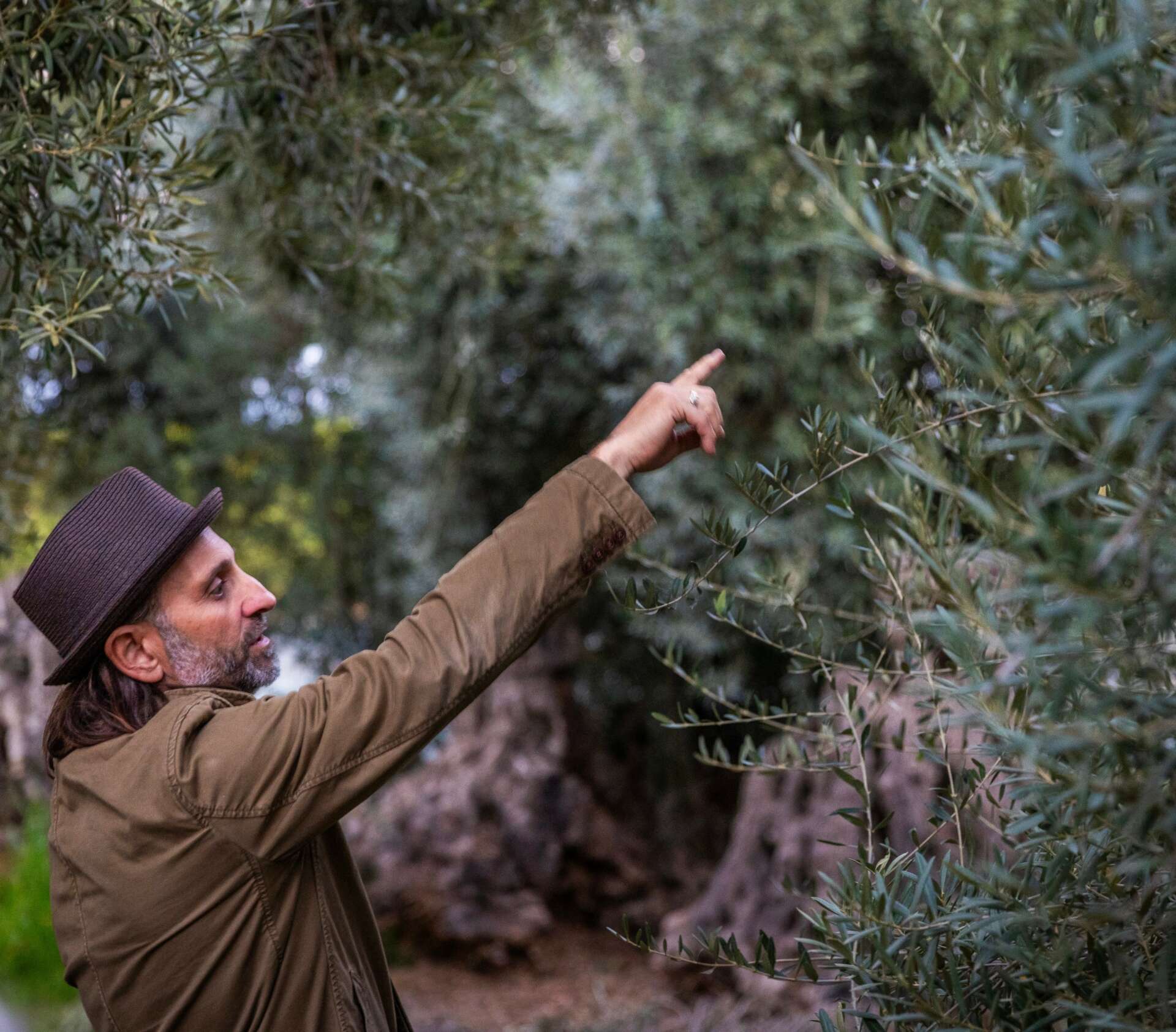We were lucky to catch up with Giulio Zavolta recently and have shared our conversation below.
Giulio , thanks for joining us, excited to have you contributing your stories and insights. One of the things we most admire about small businesses is their ability to diverge from the corporate/industry standard. Is there something that you or your brand do that differs from the industry standard? We’d love to hear about it as well as any stories you might have that illustrate how or why this difference matters.
In the world we live in we can quickly forget that at some point or other we still need to deal with a human condition. Whether designing buildings or farming olives there is an opportunity to take the stewardship that comes with both seriously and actually bring some value to both the built and natural environment. With every opportunity one needs to put their best foot forward, holistically look at the opportunity, and work out how best to affect positive change, the kind of change that ameliorates the human condition. The very best is within us and we owe to ourselves to bring the best out and reconnect with each other and with the planet. In the end we all have the ability to be artists by touching folks in ways that resonates with them. I believe this type of focus brings success. I am very fortunate to have two businesses that similarly give me the opportunity to consider the human condition. In one I make sure I create spaces that go beyond merely housing folks or work and create spaces that looks at the users holistically and work out what we can do to soothe, to uplift, and to delight. I am very fortunate to be working with clients who need me to do just that. Alternatively, I practice regenerative farming of olives to produce healthy vibrant fresh tasting EVOO that we use as a tool to make the case for real food and the simple pleasures of life. Those who get it, appreciate our efforts, and because they appreciate our efforts we work harder at it. It has proven to be a successful motivator, a more holistic business model, and selfishly gratifying and why the difference matters.
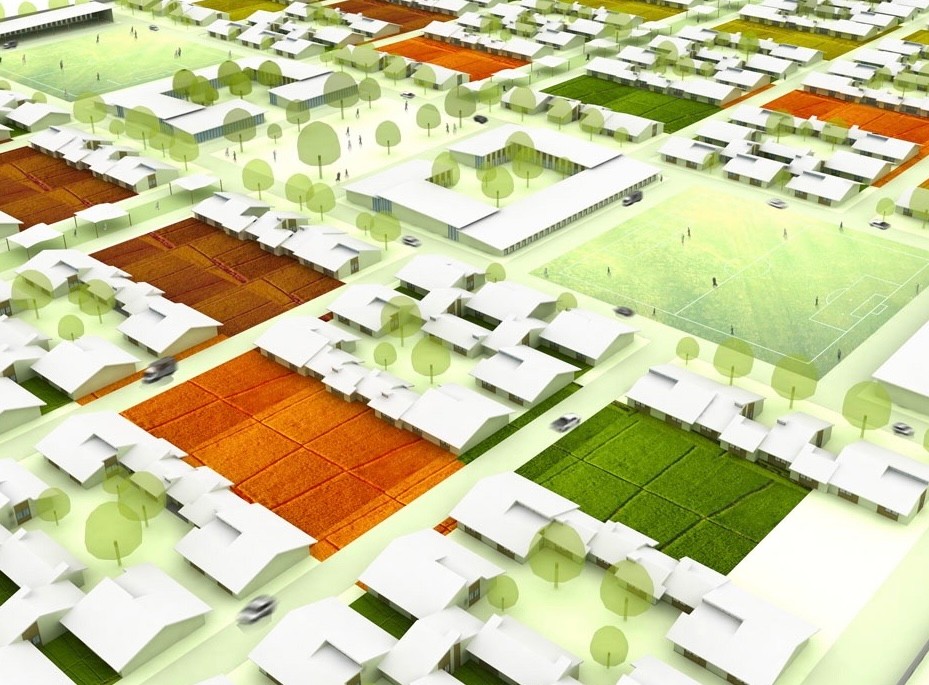
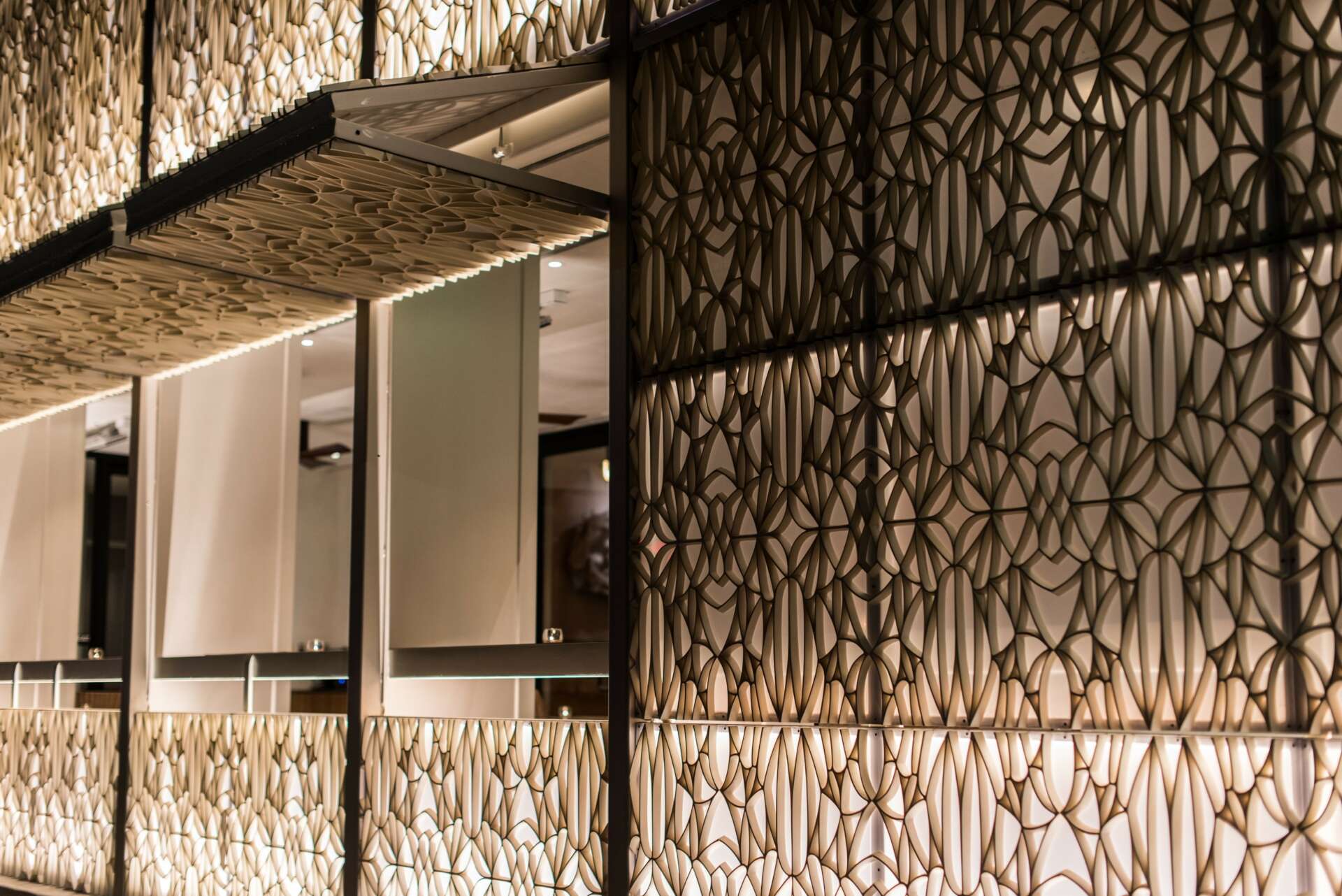
Awesome – so before we get into the rest of our questions, can you briefly introduce yourself to our readers.
Whether design or farming, we don’t begin with the ‘business’. We begin with what needs to get done, how it can get done most effectively, and most importantly to us, to identify the opportunity where we can make the difference. The difference again being tied to the human condition. It is not enough to I solve the problem at hand, there are always opportunities to ameliorate the human condition and in a world where we are losing touch with ourselves it is a must. Efforts do not have to be obvious, it too often is the case. We commonly start our design process with how to best address the most pressing needs articulated by our clients and once we feel we have that worked out we set it aside and begin to mine our proposal for a more inclusive solution, one where the user will hopefully pick up on the subtle cues embedded in the design and it has positively resonated with them. Likewise, we use the same creative and purposeful efforts with our regenerative farming. It is not about the business of farming, it is about creating real food that will delight, make the case for a balanced and restorative approach with the land, and reconnect folks with simple healthy pleasures, with each other, and with the planet. In both cases is about respecting the humans in the equation, using our creative and unique abilities, to make the difference. We firmly believe that if a difference is made the business will come. Both Totum and Olivaia are based on this premise.
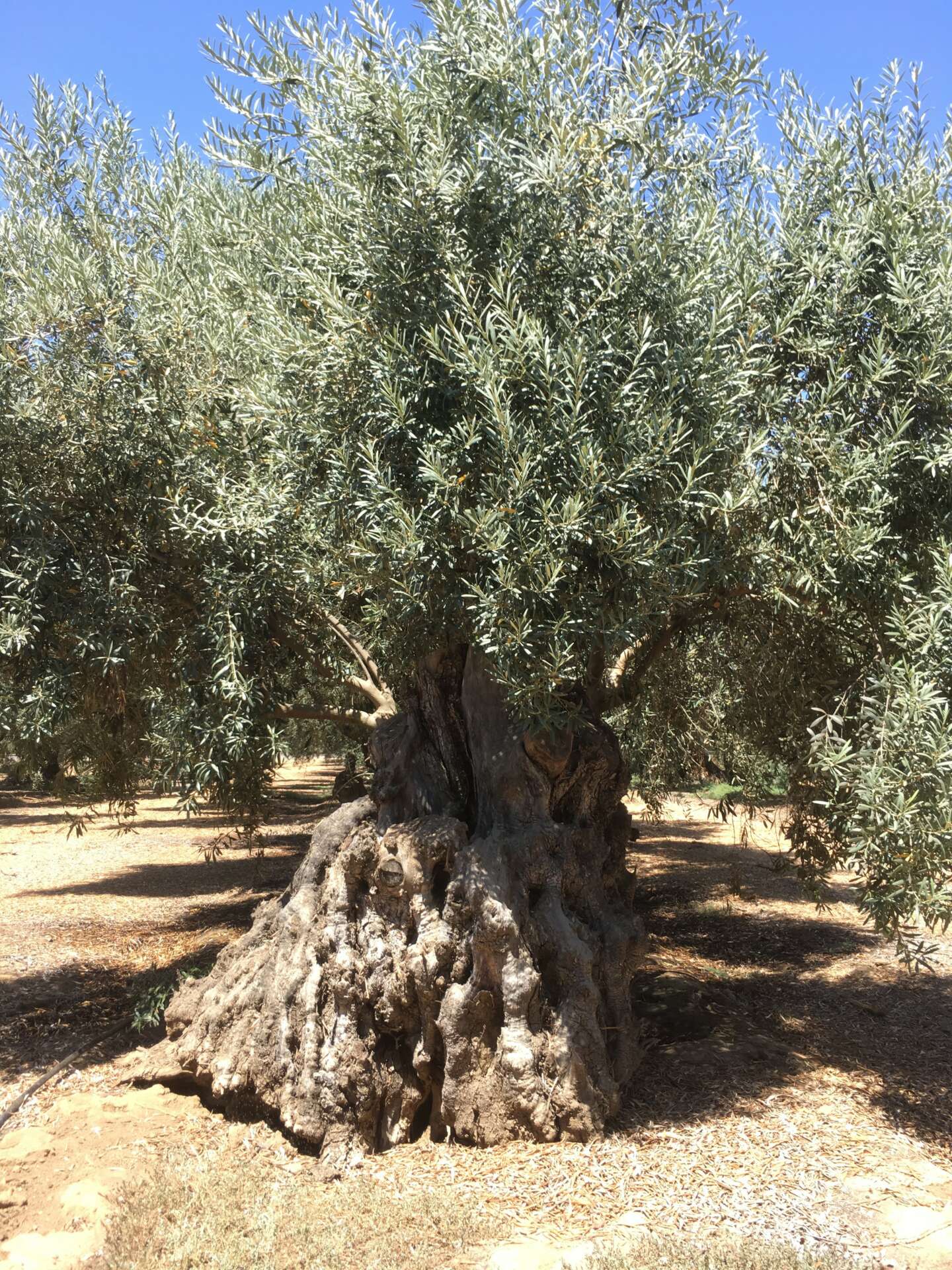
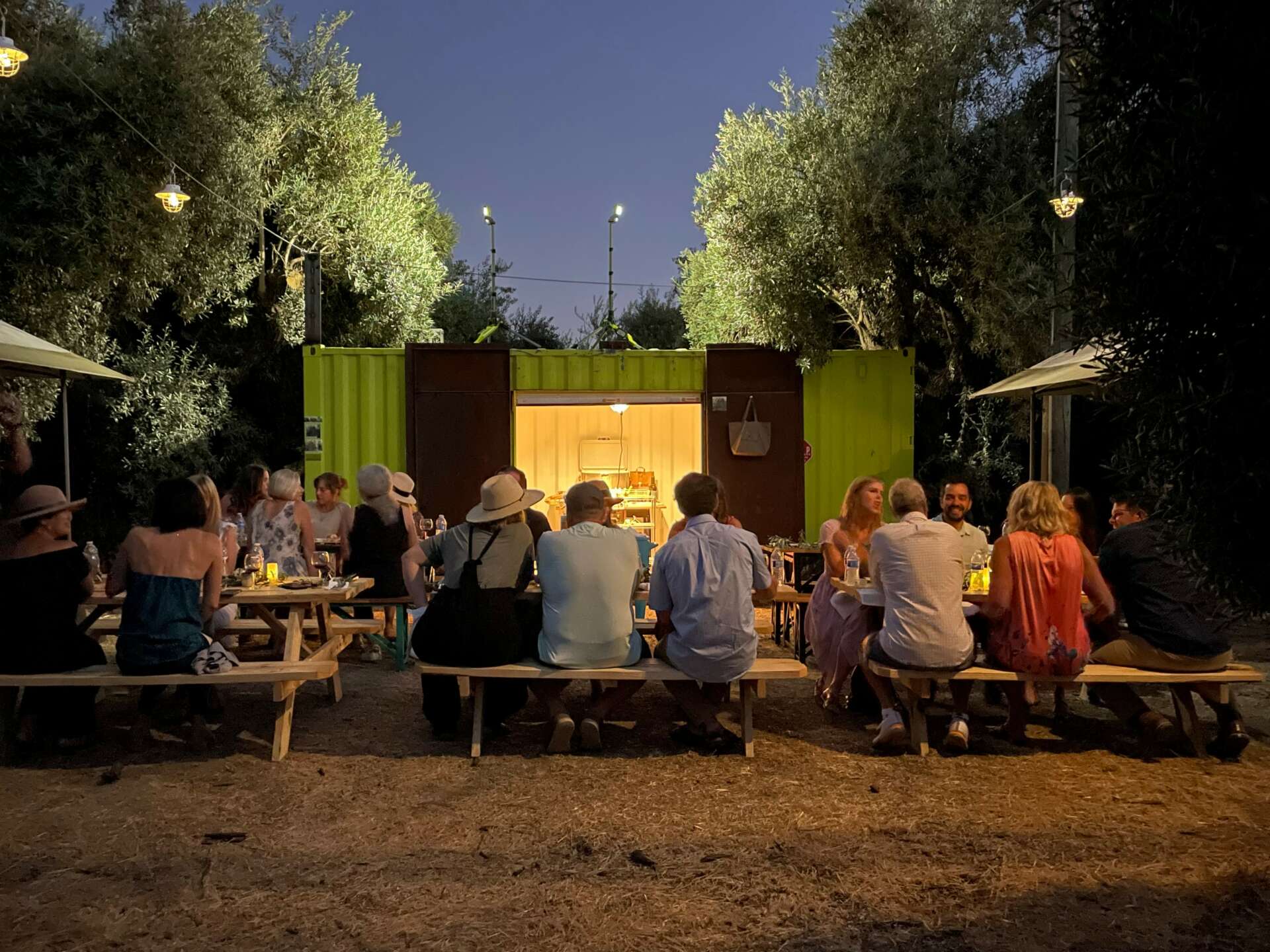
Can you share a story from your journey that illustrates your resilience?
In our olive farming business, Olivaia, we were repeatedly told that our 100+ year old olive trees that were originally planted for table olives were not going to work out for olive oil. Table olives and olives for oil are farmed differently and there is indeed difference between them that makes them more suitable for one or the other use. Having said that oils can be made with all olives and there are plenty of dual purpose olives one of which was the main olive at our ranch. In market conditions that were not favorable to olive growers I was determined to prove the point that olive growers should diversify by being able to pivot between table olives and olive oil. We certainly had a few initial years where we began to believe the critics around us but having put so much effort into creating something that was viable in more than one way, failure was not an option, we began to change the narrative. A little education, lots of questions to industry leaders, and some creative strategies and the results began to change. Even the trees jumped in, we discovered some trees had limbs with unique olives, different from the main trunk, that gave us the clue on how to make something different. Our first year out on the market after years of experimenting our EVOO distinguished itself by being awarded the ‘Best of Show’ at a local California competition. Determined to continue to make a case for our original premise we have continued to win notable awards State wide at local and international competitions. The best part of the journey however is knowing how much folks love our EVOO and why it is different.

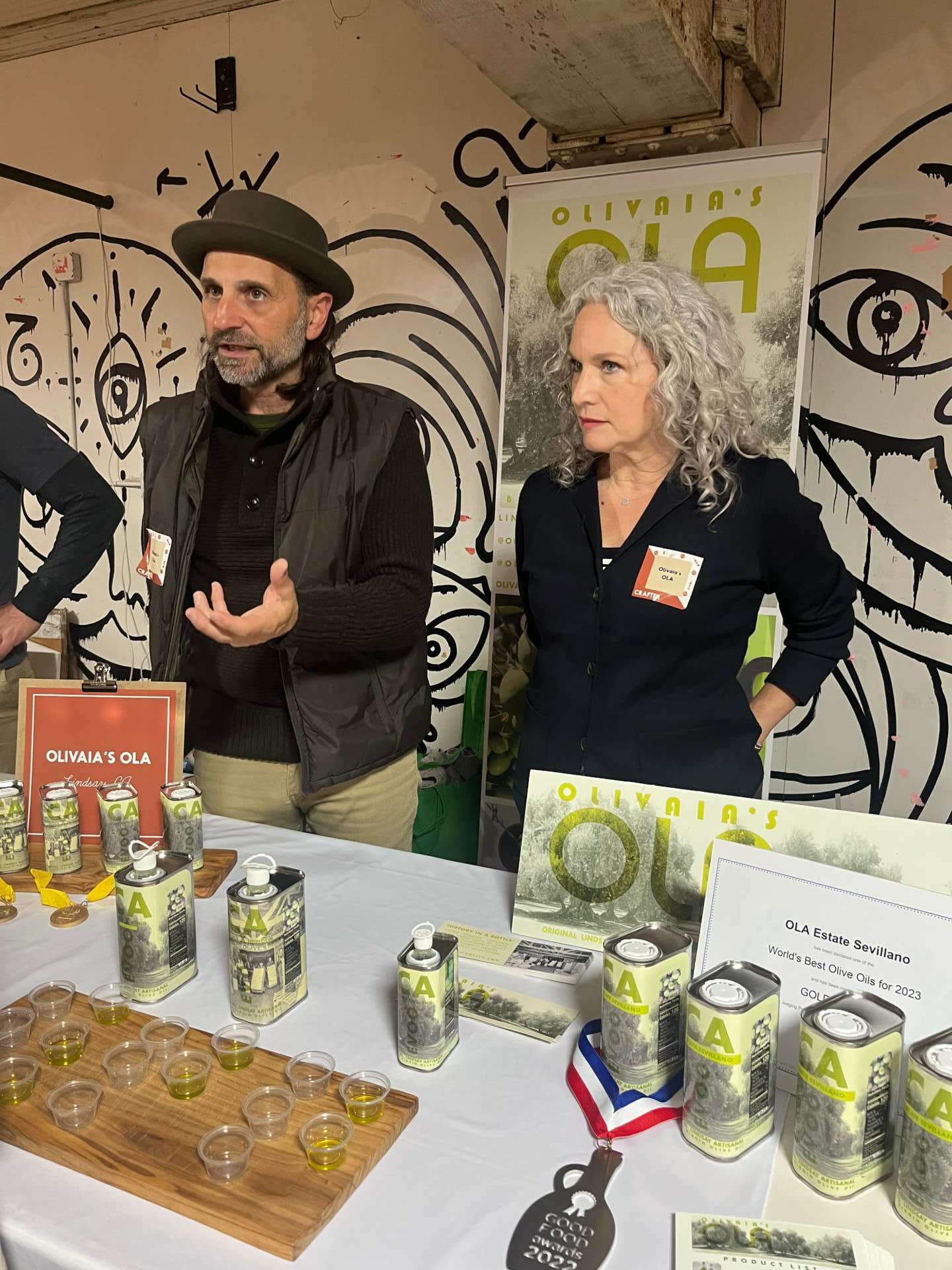
Can you talk to us about how your funded your business?
Having established a way to make a difference in the built environment I was desperate to find a way to better engage the natural environment. While you do the best you can with design, designers, planners, and architects do not always control the whole process. Having had a love for olives for as long as I could remember and knowing that having your own land and olives might just take you closer to being able to control efforts more holistically, we jumped into putting an offer on an olive grove in terrible condition with centennial trees that were slated to be pulled from the ground by the prior owner. A friend advised us on how to create a self directed retirement plan where retirement funds could be transferred to and then invested into land. We did just that, all of our retirement funds were used as a down payment, and we took a loan for the rest. We then first focused on establishing ties with the California Ripe Olive industry which we are still part of to secure a steady income and cash flow while we rehabilitated the trees. Retirement funds is not a conventional way to start a business but in our case it worked well as we in affect are managing the funds doing something we love.
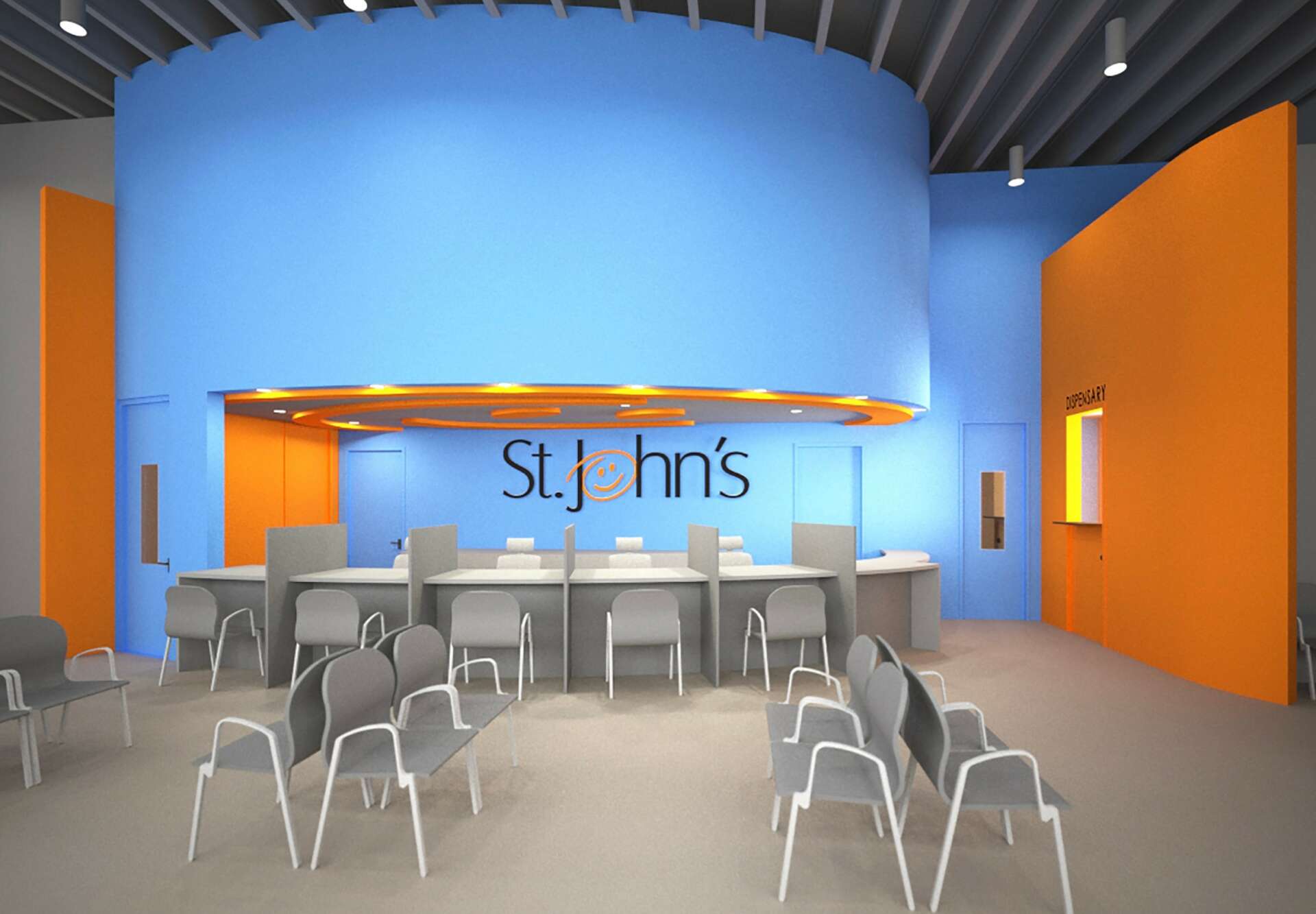
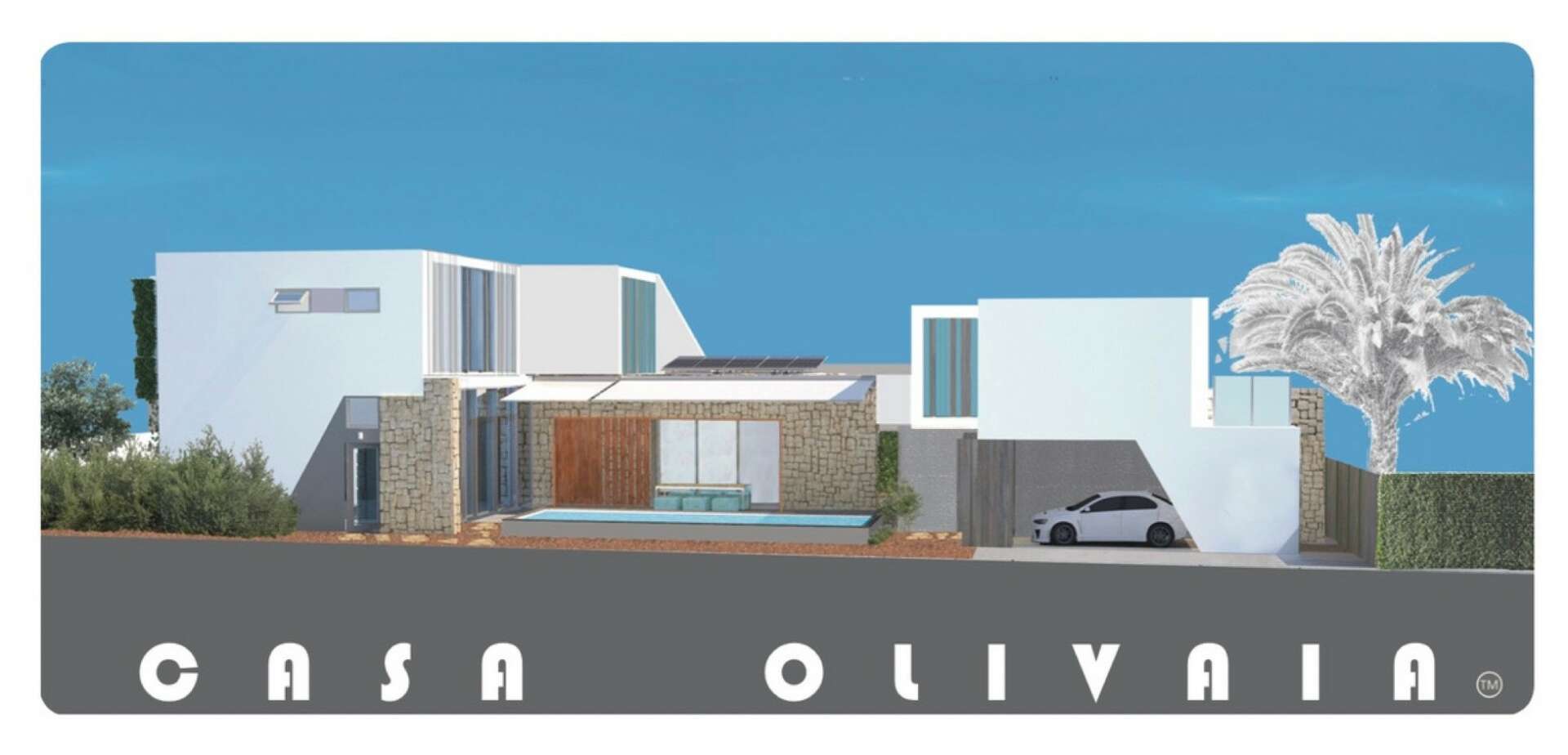
Contact Info:
- Website: www.olivaiaolive.com, www.totumconsulting.com
- Instagram: olivaiaola
- Facebook: olivaiaolive
- Linkedin: giulio-zavolta-b483a9


